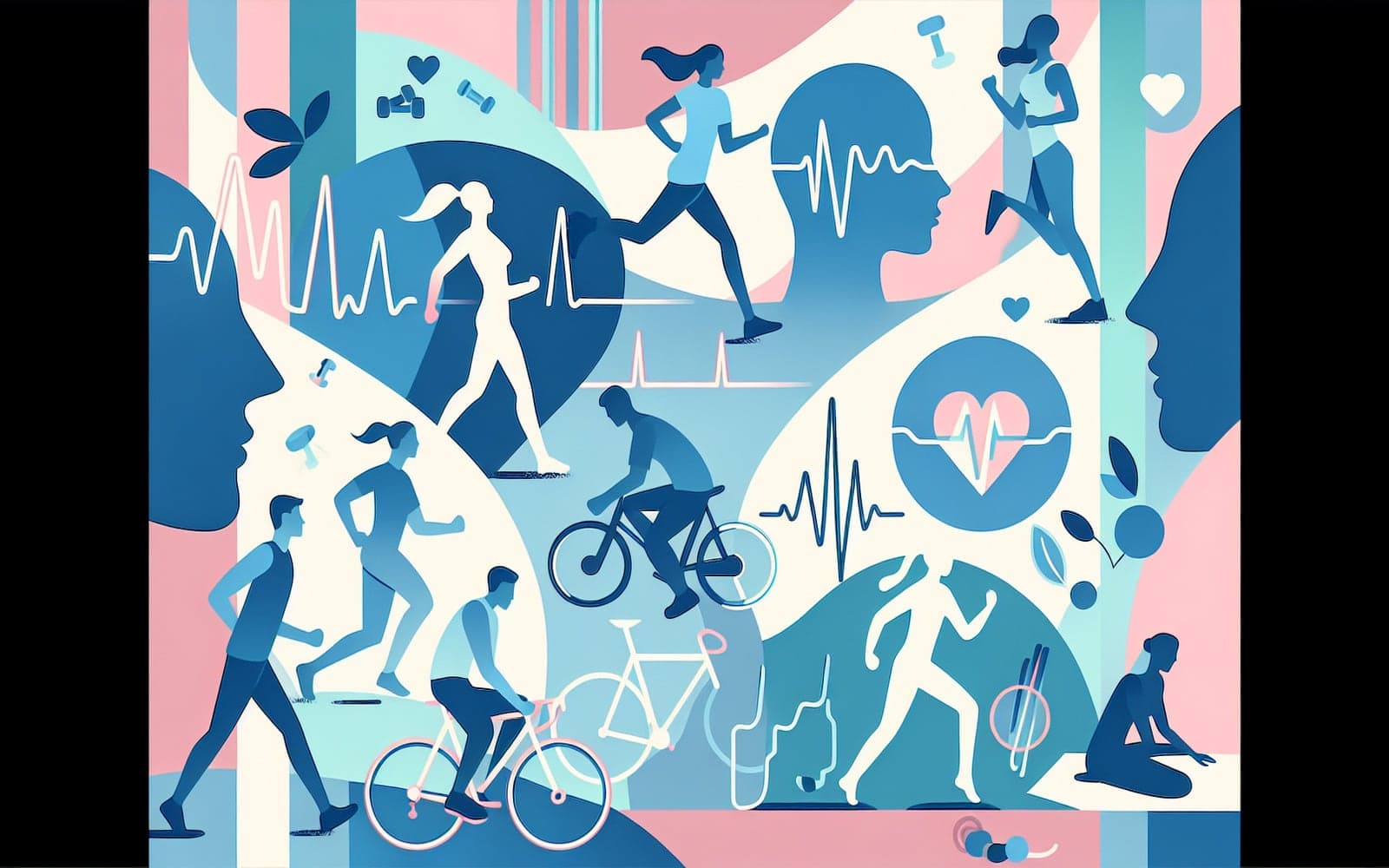Can Exercise Help Manage Sinus Tachycardia?
Published: May 25, 2024
Exercise is often recommended for heart health, but what role does it play in managing sinus tachycardia? Let's explore how a tailored exercise plan can be beneficial.
Contents
Understanding Sinus Tachycardia
Sinus tachycardia is a condition where the heart beats faster than normal. While it can be a natural response to exercise, it sometimes occurs without an obvious cause. This can lead to symptoms like palpitations and fatigue, especially during physical activity.
Exercise and Heart Rate
Regular exercise can help regulate heart rate and improve cardiovascular health. Activities like walking, cycling, or swimming can strengthen the heart, making it more efficient at pumping blood. However, it's essential to start slowly and consult a healthcare provider to tailor the exercise plan to individual needs.

Benefits of a Tailored Exercise Plan
A personalized exercise plan can help manage sinus tachycardia by: - Improving cardiovascular fitness - Reducing stress and anxiety - Enhancing overall well-being and energy levels
Frequently Asked Questions
Yes, regular exercise can improve heart health and regulate heart rate.
Low to moderate-intensity exercises like walking, cycling, and swimming are beneficial.
Yes, it's important to tailor the exercise plan to individual health needs with a healthcare provider.
Exercise strengthens the heart and improves its efficiency in pumping blood.
Key Takeaways
Exercise can be a powerful tool for managing sinus tachycardia, but it's crucial to approach it carefully.
Get started with an exercise plan by consulting Doctronic to tailor it to your heart health needs.Related Articles
References
Scott O, Williams GJ, Fiddler GI. Results of 24 hour ambulatory monitoring of electrocardiogram in 131 healthy boys aged 10 to 13 years. Br Heart J 1980; 44:304.
Brodsky M, Wu D, Denes P, et al. Arrhythmias documented by 24 hour continuous electrocardiographic monitoring in 50 male medical students without apparent heart disease. Am J Cardiol 1977; 39:390.
Always discuss health information with your healthcare provider.

